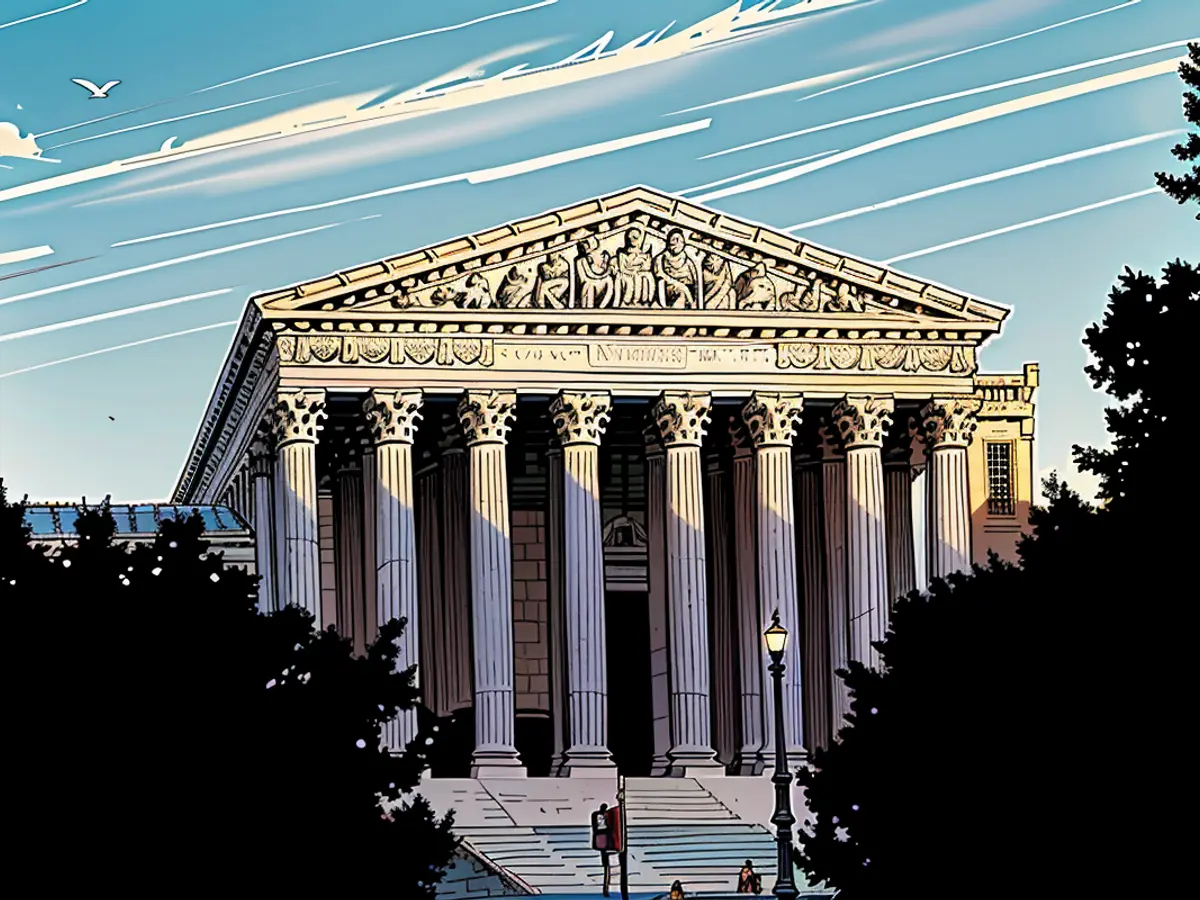
Opinion: The real significance of the Supreme Court’s ‘Chevron deference’ ruling
Chevron’s abandonment was not a huge surprise. It had long been foreshadowed by full-throated condemnations from Justice Neil Gorsuch and Justice Clarence Thomas, along with many academic critics of the administrative agencies.
At least when compared with those critiques, however, Chief Justice John Roberts’ majority opinion was relatively restrained. It did not endorse the broad theories that Gorsuch and Thomas advanced in concurring opinions, such as the thesis that Chevron violated the constitutional duties of the judiciary. Moreover, Roberts acknowledged that Congress often delegates authority to an administrative agency, and when it does so, courts must uphold reasonable interpretations that agencies make within the limits of that authority.
This acceptance is one reason why the demise of Chevron is unlikely to result in the dramatic curtailment of agency power that some had desired and some had feared.
The real significance of Loper Bright derives from the fact that statutes are often ambiguous as to whether the question at issue in a given case does lie within the agency’s authority.
The gist of Chevron was that, in the face of such ambiguity, a reviewing court should presume that Congress would probably prefer for the agency, not the court, to resolve the uncertainty in some reasonable fashion. As Justice Elena Kagan’s dissenting opinion in Loper Bright explained, there were straightforward reasons for making that assumption. Those reasons included the agency’s technical expertise, its experience in administering the underlying regulatory programand its accountability to the political process.
Loper Bright did not entirely dismiss the logic of these practical considerations. Indeed, Chief Justice Roberts recognized that courts have given weight to similar factors since the earliest days of judicial review. Now, however, the court says that judges “may” give weight to those factors as they exercise “independent judgment” in determining the meaning of an enabling statute, but the court will not enforce any strong expectation or presumption that they should do so. This is the crux of the disagreement between the majority and dissent.
Roberts argued that the Chevron deference violated a provision in the Administrative Procedure Act (APA) that states that a reviewing court “shall decide all relevant questions of law,” but this was a misreading of the Act. The APA does not specify how courts are to “decide” legal questions, and the notion that it requires review without deference to the agency was not shared by the congressional authors of the Act, nor by courts that implemented the Act in the immediate wake of its enactment. To the contrary, the Act simply allowed the courts to continue to decide for themselves how to “decide” legal questions, and that was the prevailing understanding of the Act up until the current era.
Get our free weekly newsletter
- Sign up for CNN Opinion’s newsletter.
- Join us on Twitter and Facebook
The court’s decision to overrule Chevron reflects a questionable level of judicial self-confidence, as well as a skeptical attitude toward the regulatory process. That skepticism is a hallmark of the current conservative majority, but most judges in earlier generations did not share it.
That said, the significance of the decision in Loper Bright should not be overstated. Judicial review standards have always embodied flexibility, and future judges will have a fair amount of latitude to apply judicial deference concepts as they see fit, just as judges have done in the past.
To the extent that doctrinal rules do make a difference, however, the result of the court’s decision will be that judicial interpretations in regulatory cases will be less insightful, less predictable and more dependent on the preferences of lifetime-appointed federal judges who are in no way accountable to the electorate. Loper Bright may not be an occasion for alarm, but it is an occasion for regret that administrative law has lost something valuable.
The Justice Gorsuch and Thomas's criticisms of Chevron aligned with numerous academic opinions, expressing concerns about its constitutional implications. The majority opinion from Chief Justice Roberts, while acknowledging the role of administrative agencies, chose not to endorse the broad theories advanced by Gorsuch and Thomas, including the notion that Chevron violates judicial duties.







